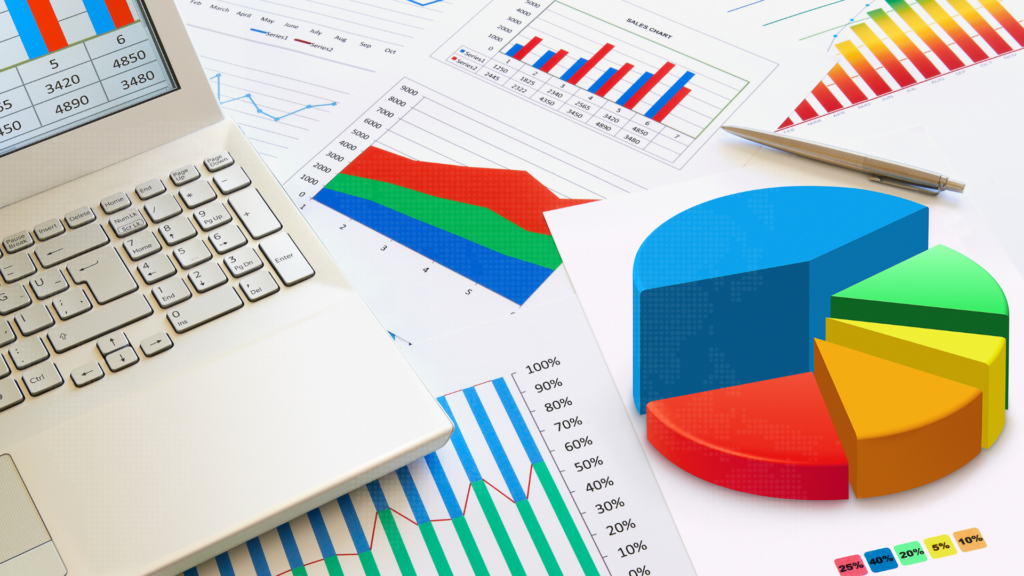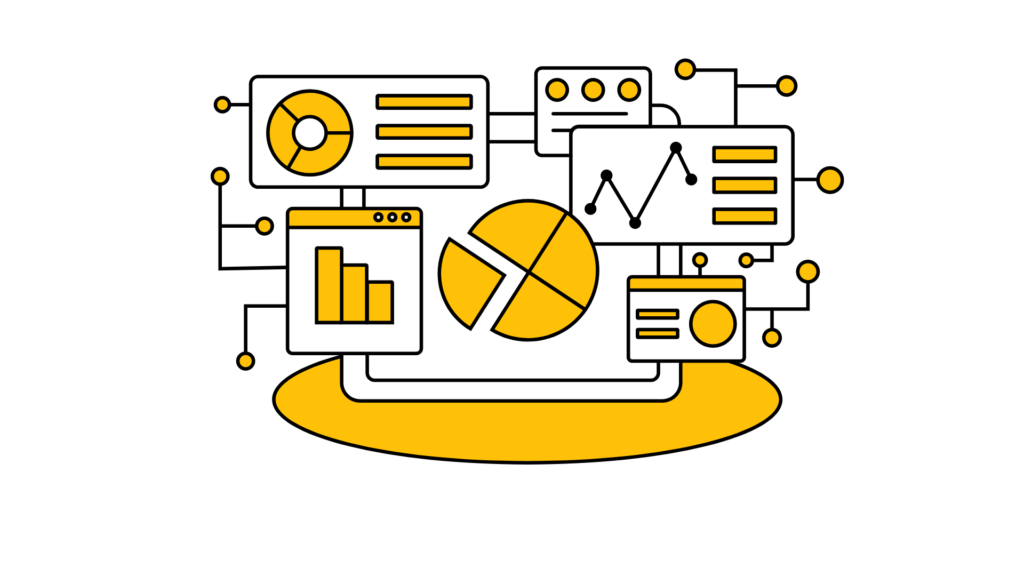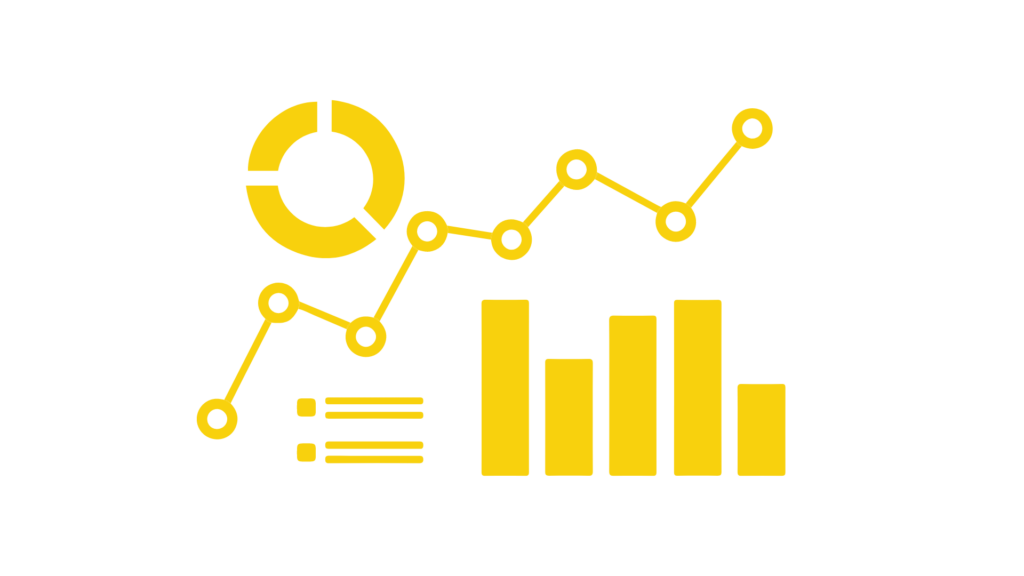In today’s fast-paced digital landscape, businesses are generating vast amounts of data daily. But what sets successful organizations apart is their ability to turn this data into actionable insights through data analytics. This blog explores the transformative power of data analytics and its critical role in modern decision-making.

What is Data Analytics?
Data analytics is the process of examining raw data to draw meaningful conclusions and patterns. It involves using specialized tools and techniques, such as algorithms and machine learning, to interpret complex data sets, making it easier for businesses to make informed decisions. The magic lies in its ability to predict trends, improve operational efficiency, and uncover hidden opportunities, ultimately giving companies a competitive edge.
The Business Impact of Data Analytics
Boosting Operational Efficiency: Beyond decision-making and customer relations, data analytics enhances operational efficiency. It identifies bottlenecks, inefficiencies, and opportunities for cost savings by analyzing workflows, production processes, and even employee productivity. This results in smoother operations, reduced waste, and better resource allocation.
Enhancing Decision-Making: Data-driven decision-making is no longer a luxury but a necessity for businesses. With real-time analytics, leaders can make quicker, more accurate decisions based on facts rather than intuition. Whether it’s predicting market demand, improving customer experiences, or optimizing supply chains, data analytics provides clarity and confidence in decision-making.
Personalizing Customer Experiences: Companies like Amazon and Netflix have set the standard for personalized customer experiences using data analytics. By analyzing customer preferences, purchase behavior, and engagement, businesses can tailor their products, services, and marketing strategies to meet individual needs, leading to improved customer satisfaction and loyalty.
Predictive Analytics – Anticipating the Future: One of the most exciting aspects of data analytics is predictive analytics, which uses historical data to forecast future outcomes. Imagine knowing what your customers will want next, how market trends will shift, or even how much inventory to stock months ahead. Businesses that leverage predictive analytics can anticipate changes and proactively adapt their strategies to stay ahead of the curve.
Key Industries Leveraging Data Analytics
Marketing: Marketers rely on data analytics to create targeted campaigns, measure effectiveness, and adjust strategies in real-time for higher ROI.
Healthcare: From patient diagnostics to personalized treatment plans, data analytics is helping healthcare providers deliver more precise, effective care while reducing costs.
Retail: Retailers are using analytics to optimize pricing strategies, manage inventory, and predict consumer trends, ensuring they always meet demand.
Finance: Banks and financial institutions use data analytics to assess risks, detect fraud, and make smarter investment decisions.
Overcoming Challenges in Data Analytics
While the benefits of data analytics are immense, it comes with challenges. Data privacy concerns, the need for skilled personnel, and the complexity of integrating data from various sources are common obstacles. However, with the right tools, clear strategies, and a commitment to data governance, these challenges can be effectively managed.


The Future of Business is Data-Driven
The importance of data analytics in today’s business environment cannot be overstated. As organizations continue to gather more data, the ability to analyze and apply that information will determine their success. Companies that invest in data analytics will not only streamline their operations but also unlock new avenues for growth, innovation, and competitive advantage.


